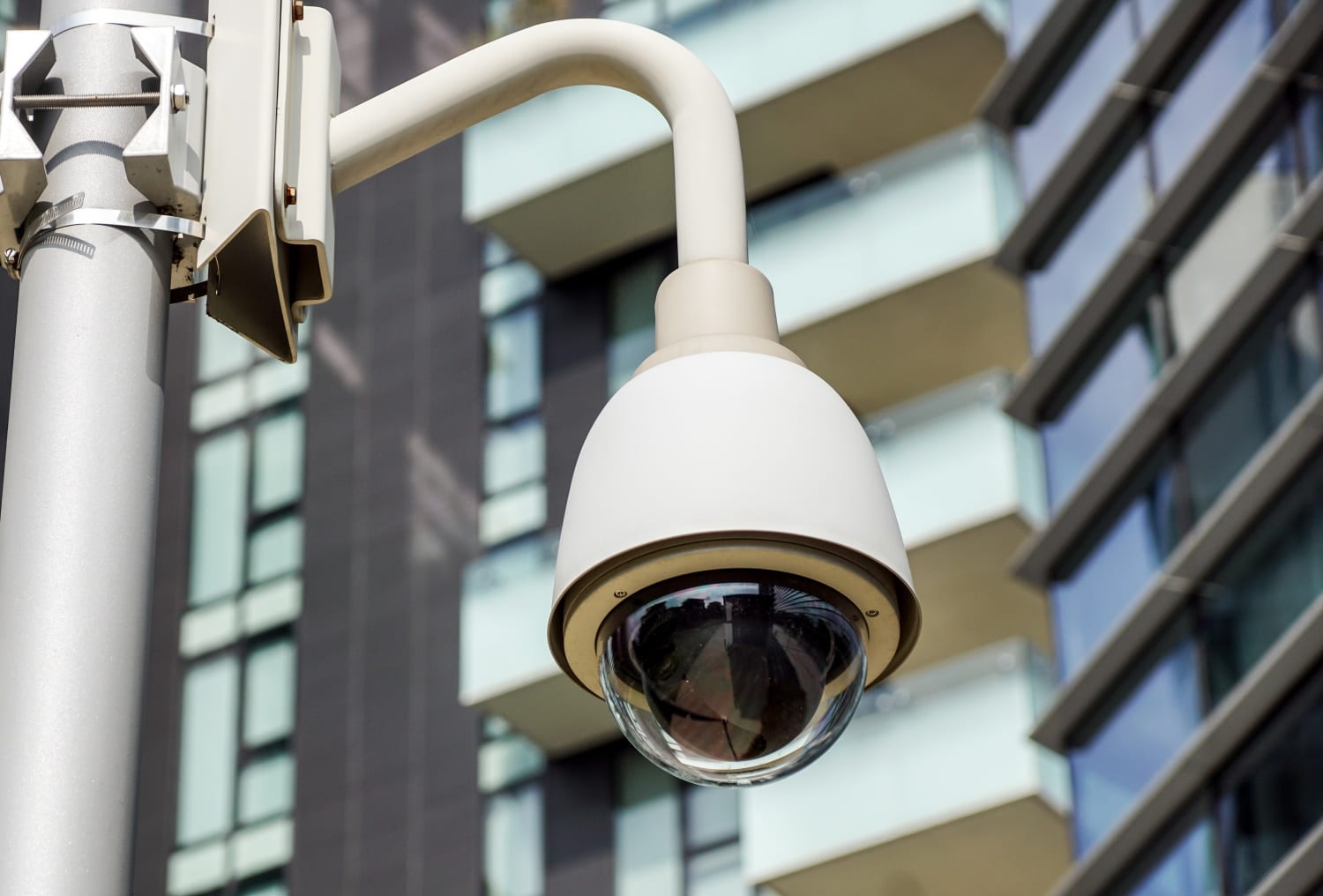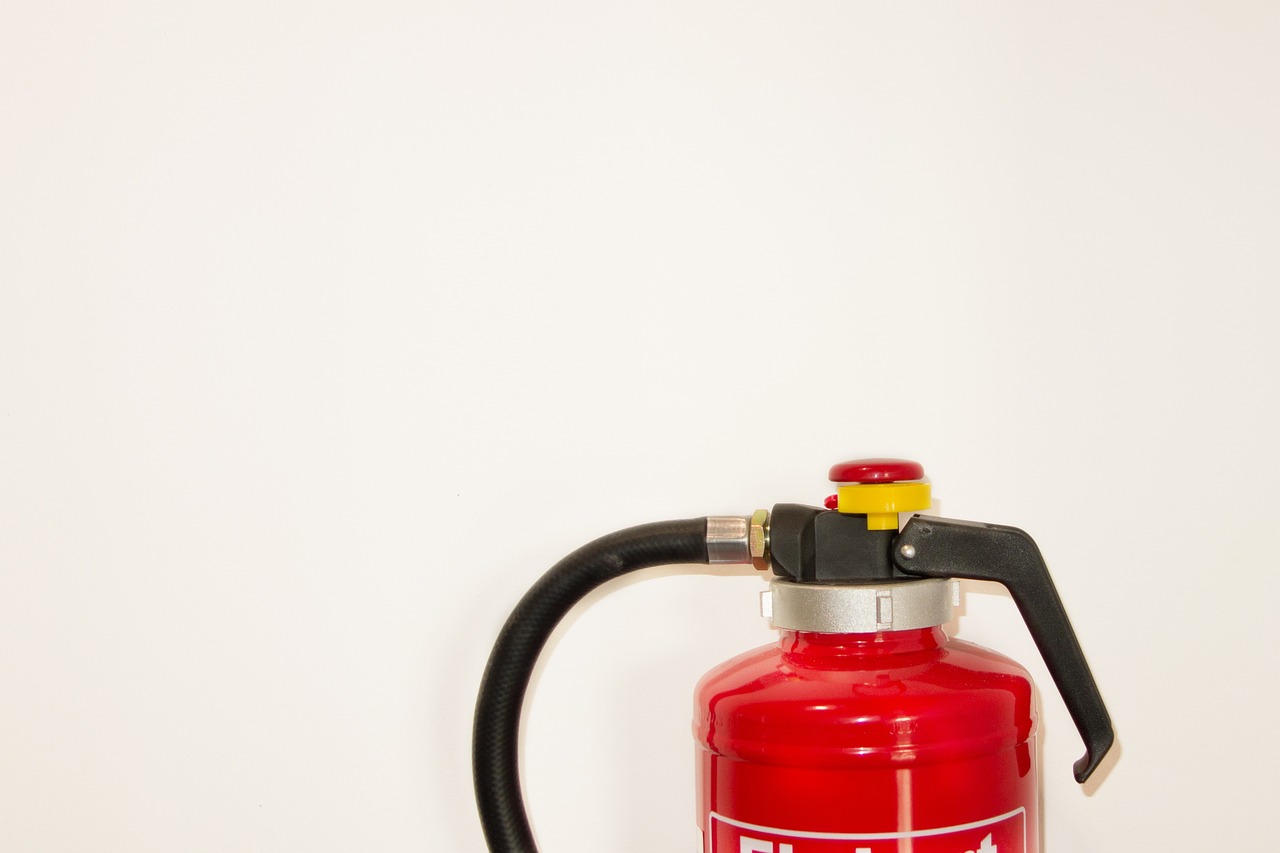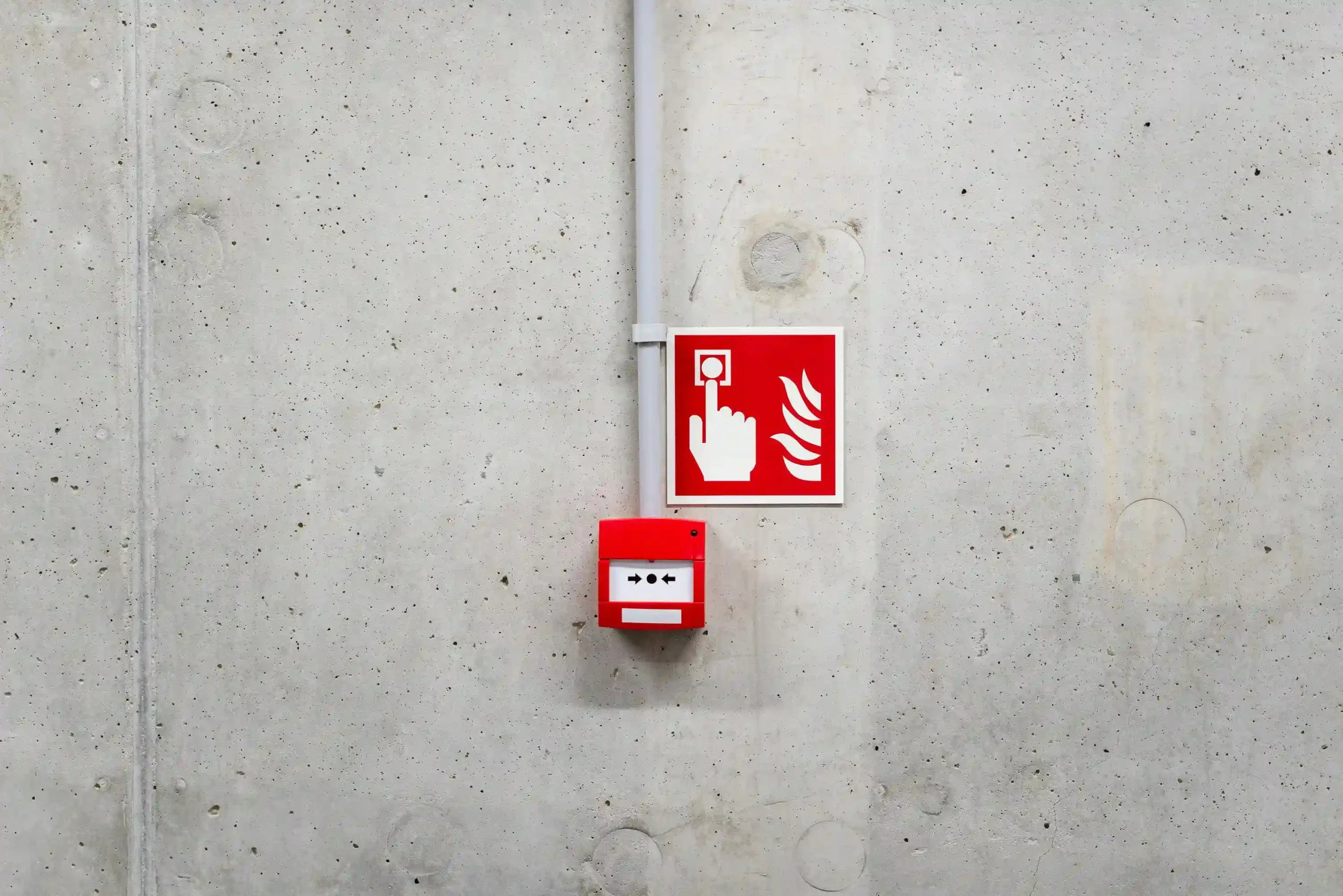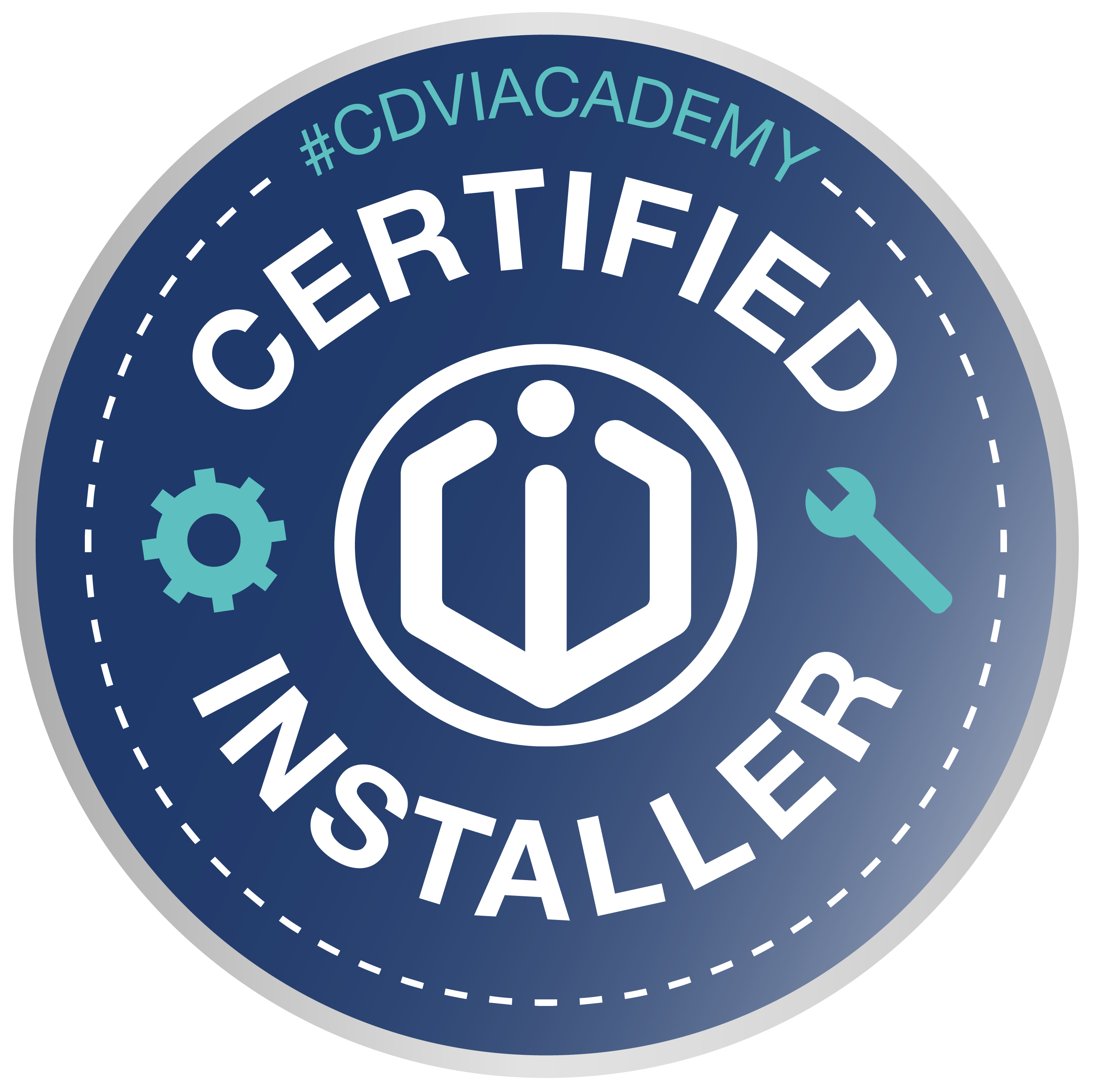
Ensuring the safety and security of students and staff is paramount for educational institutions. With the widespread adoption of Closed-Circuit Television (CCTV) systems, schools are better equipped than ever to address security challenges. However, this technological stride raises legitimate concerns about privacy. In this blog post, we address these privacy concerns head-on, exploring how educational institutions can strike a delicate balance between security needs and the protection of students’ and staff’s privacy.
Privacy at the Forefront
Transparent Communication
The foundation of a balanced approach lies in transparent communication. Schools must openly communicate the deployment of CCTV systems, detailing the purpose, scope, and locations of surveillance. By fostering an atmosphere of openness, schools can address concerns and build trust within the community.
Privacy Impact Assessments
Before implementing or extending CCTV systems, schools should conduct Privacy Impact Assessments (PIAs). These assessments evaluate the potential impact of surveillance on individuals’ privacy rights, helping institutions make informed decisions about the deployment and configuration of CCTV cameras.
Strategic Camera Placement
Focus on Public Spaces
Strategic camera placement is crucial in minimising the intrusion into private spaces. By focusing on public areas such as entrances, hallways, and common spaces, schools can maintain a robust security posture without compromising the privacy of individuals in more private settings.
Exclusion Zones and Privacy Filters
Designating exclusion zones and utilising privacy filters on CCTV cameras can further safeguard sensitive areas. This proactive approach ensures that spaces like restrooms and changing rooms remain off-limits to surveillance, alleviating concerns about unwarranted invasions of privacy.
Data Security and Retention Policies
Secure Storage and Access Controls
To address privacy concerns, educational institutions must implement robust data security measures. This includes secure storage of CCTV footage and access controls to ensure that only authorised personnel can view or retrieve sensitive information. Encryption and other cybersecurity measures add an extra layer of protection.
Clear Retention Policies
Establishing clear retention policies is essential. Define the duration for which CCTV footage will be retained, ensuring that it aligns with regulatory requirements while minimising the risk of prolonged and unnecessary storage of personal data.
Compliance with Privacy Regulations
Adherence to Legal Frameworks
Educational institutions must remain vigilant about compliance with privacy regulations and legal frameworks. Understanding local, state, and national laws pertaining to surveillance and data privacy is crucial. Schools should regularly review and update their policies to reflect changes in legislation.
Swift Fire and Safety: A Commitment to Ethical Surveillance
At Swift Fire and Safety, we recognize the importance of balancing security needs with privacy considerations. Our CCTV solutions are designed with ethical surveillance practices in mind. If you have questions about privacy concerns related to CCTV implementation in educational institutions or need guidance on adopting responsible surveillance measures, our expert team is here to assist you.
Striking the right balance between security and privacy is not only a regulatory requirement but also a moral imperative. By adopting a thoughtful and transparent approach, schools can harness the benefits of CCTV systems while respecting the privacy rights of their students and staff. Contact us today and get your CCTV system installed or upgraded today by calling us today on 01733 602 955 or filling in our online contact form.





